Kenneth J. Bender, PharmD, MA
Articles by Kenneth J. Bender, PharmD, MA

“If we can show that serotonin loss over time is directly involved in the transition from mild cognitive impairment to Alzheimer disease, recently developed antidepressant medications may be an effective way to improve memory deficits and depressive symptoms and, thus, may be a powerful way forward to slow disease progression.”
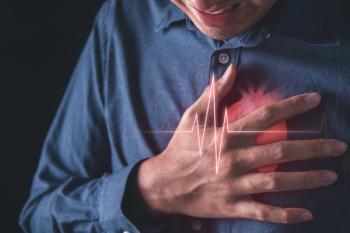
Clinical trial compares outcomes with behavioral activation psychotherapy or antidepressant medication for depression in patients with heart failure.
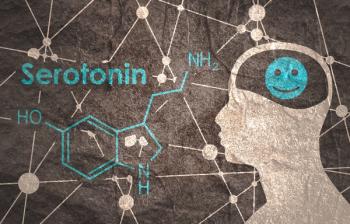
A new study correlates reduced serotonin transporter and increased amyloid-ß deposition with cognitive deficits in mild cognitive impairment, suggesting a role for serotonergics in early Alzheimer disease.
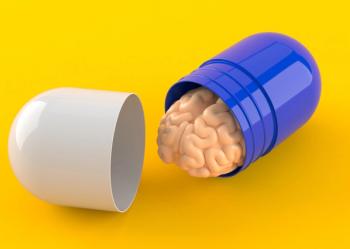
RADAR trial finds more relapses when reducing than maintaining antipsychotic, but no difference in social functioning at 2 years.

The Psymatic Treatment Optimizer facilitates selecting agents ranked by adverse-effect profile with consideration of patient preference and tolerance.
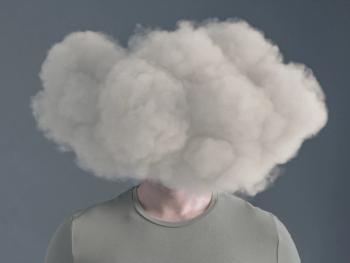
TMS for the treatment of neuropsychiatric symptoms in patients with long COVID appeared to improve their cognitive function and symptoms of depression.

Suicidal individuals with depression likely have diminished capacity to provide informed consent for treatment as well as low perceived need for help.

Transcranial magnetic stimulation treatment appeared to lessen some neuropsychiatric symptoms of long COVID in an open-label pilot study.

Emergency department records reveal that youth experiencing disrupted sleep are at greater risk for suicidal thoughts and behaviors.

A study of treatment tolerance and therapeutic response in children and adolescents with OCD.

An overview of the largest study to examine persistent pulmonary hypertension in newborns (PPHN) exposed to antidepressants late in pregnancy.

Progress in identifying and effectively treating first-episode schizophrenia was marked by the simultaneous publication of a report on a 6-year study and on the 10-year follow-up of a large-scale trial.

Patients with severe depression are more likely to have symptom remission with a combination of cognitive therapy and antidepressant medication than those with less severe or more chronic illness.

A recent meta-analysis supports evidence of the effectiveness of the fixed olanzapine/fluoxetine combination (Symbyax) in treating the depressive phase of bipolar disorder. Response was ranked higher, but with no more adverse effects, than with treatment with olanzapine alone.

In a new study, "as needed" use of an opioid antagonist for heightened alcohol craving appeared to reduce the number of heavy drinking days and total amount of alcohol consumed.

Results of a 10-week prospective study, recently reported at the Annual Meeting of the American Association for Geriatric Psychiatry, offered no conclusive evidence about the mortality risk of elderly patients with Alzheimer disease who were treated with antipsychotics.

Given the likelihood that insufficient numbers of patients will be available for a randomized controlled trial of MAOIs in refractory depression or atypical depression, we must still rely on consensus guidelines and expert opinion.

The FDA Neurological Devices Panel met to consider the Agency’s proposal to reclassify cranial electrotherapy stimulator (CES) devices to Class III with premarket approval.

Much could be gained if an agreed minimum set of appropriate and important outcomes was measured and reported in all clinical trials in a particular area.

A new study examining conventional “start low, go slow” nutrition replenishment protocols for hospitalized patients with anorexia nervosa (AN) that have been recommended by professional organizations and it's outcomes.

A meta-analysis of the Omega-3 fatty acid EPA (eicosapentaenoic acid) as therapeutic supplement for major depression followed the above study online September 6 in the Journal of Clinical Psychiatry.

"I'm all over it, because I'm looking for something to help," declared Army Vice-Chief of Staff General Peter W. Chiarelli, quoted in USA Today News September 20, in his response to a study finding an increased risk of suicide in US military personnel with low Omega-3 fatty acid serum levels.

A depot antipsychotic regimen is less likely to be discontinued than an oral dosage form . . .

Increased activity of the enzyme phospholipase A2 (PLA2) has been documented in schizophrenia and is now reported to occur in patients with temporal lobe epilepsy . . .
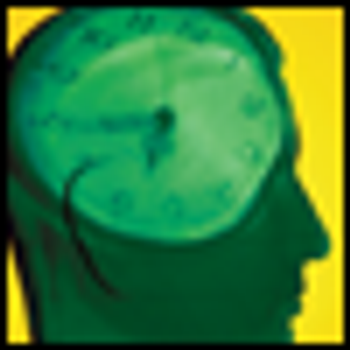
A bidirectional relationship between schizophrenia and epilepsy emerged from an analysis of a health insurance database . . .

An initiative from the BRIDGE study group has determined that approximately half of patients presenting with a depressive episode are mistakenly diagnosed with unipolar major depression.
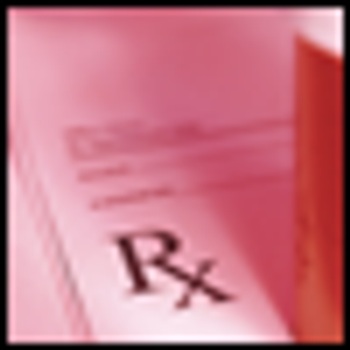
Several available agents in addition to methylene blue are being investigated for bipolar disorder and were in a in a recent review.
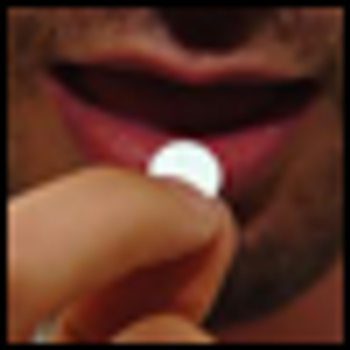
A New Study Looks at What Works-And What Doesn’t

A study presented by Canadian investigators at the 24th Congress of the European College of Neuropsychopharmacology (ECNP) in Paris, September 5 evaluated whether methylene blue can reduce residual symptoms of depression and mania in bipolar disorder.

A meta-analysis of depression and risk of stroke finds a positive association. How will this information affect your practice?


























